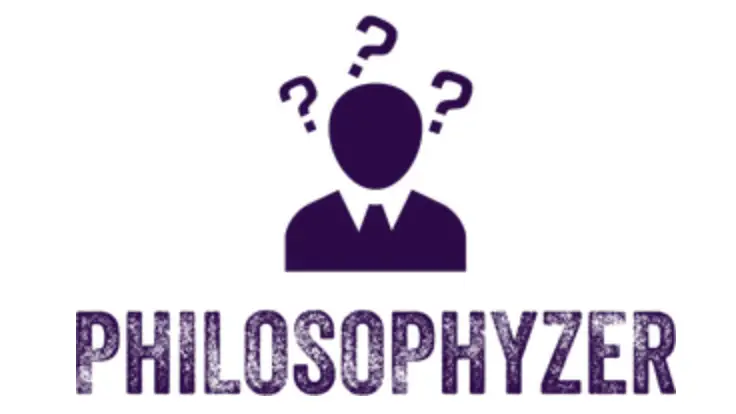Following on from my last blog, Sigmund Freud and his psycho analytical views on religion, I have been asked for a simple summary of Freud’s views on religious experience and religious belief. I have managed to get ‘Freud on Religion’ down to 4 key points.
#1 The seat of religion is the Super Ego
The belief in God is a projection of the child’s relationship with his earthly, real father. God becomes a psychological necessity for the infantile mind. This is why God in the Judaeo-Christian tradition is called ‘father’.
#2 Freud on Religion – Wishfulfilment
The earthly parent will die and leave them, but this is not so with the heavenly father. This is why Freud argues that religion is also an illusion. When human race ‘grows up’, it will get rid of such wishful thinking illusions as religion.
#3 Freud Psycho-analysed his Patients
Freud used psychology, anthropology and sociology to confirm his conclusions by analysing patients.
The history of primal man was used by Freud to show how the Oedipal complex became embedded in human consciousness. This fitted in with Darwin’s hypothesis of the ancient horde, where women and young males were ruled over by the strength of the Father leader.
This results in young males wanting to fill kill the father. The women of the horde are taboo and the young males seek wives from outside their groups. The dead father is as powerful as he was when he was alive. Freud suggested that the ancient father image has become embodied in the inherited structure of the mind. Totemism turns out to be the first form of religion.
#4 Dreams are the Royal Road to the Unconscious
Myths that are found across all religious cultures are simply collective dreams. They are imagined structures composed of symbols organised along the narrative line and just like a dream. Meet and dreams are produced by the unconscious. Freud psychological interpretation of myths frees us from their grip!
In my next few blogs, I will be sharing the positives and negatives about Freud on Religion.
